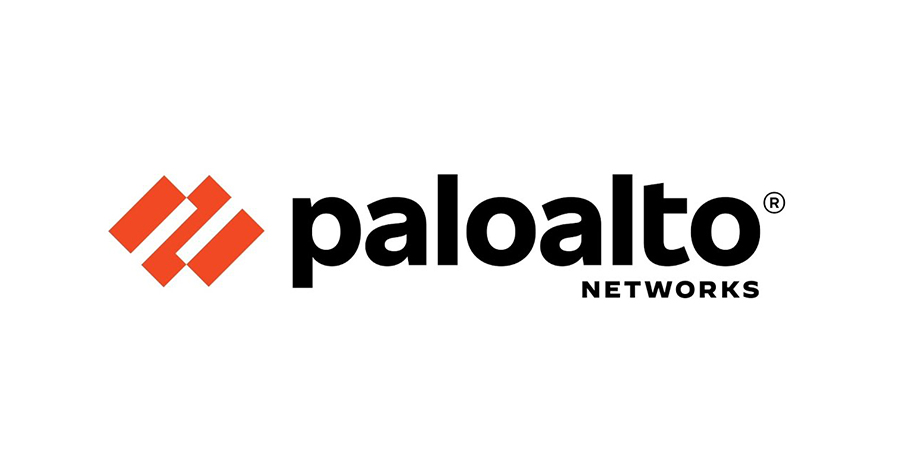Telecom Review had been invited to a roundtable conference hosted by Palo Alto Network as the company released its second annual ‘The Connected Enterprise: Internet of Things (IoT) Security Report 2021,’ research conducted by global technology market research firm Vanson Bourne.
The findings are the results of survey conducted on 1,900 IT decision-makers at organizations in 18 countries: United States, Canada, Brazil, United Kingdom, France, Germany, Netherlands, Middle East (comprised of the UAE and Saudi Arabia), Spain, Italy, Ireland, Australia, China (including Hong Kong), India, Japan, Singapore and Taiwan.
The report reveals that 86% of Middle East IT leaders (global average: 81%) have agreed that the shift to remote working during the pandemic has led to an increased risk and vulnerability from unsecured IoT devices on their organisation’s business networks as IoT sensors can provide entry into a corporate network to launch ransomware attacks and more.
While 93% of Middle East IT decision makers (global average: 85%) have enough visibility into IoT devices of their remote workers that connect to the corporate network, the report shows that 91% of Middle East IT Leaders believe their organisation’s approach to IoT security requires improvement.
Although 100% of the respondents surveyed in the Middle East have a specific IoT security strategy in place, many difficult-to-secure personal IoT devices are increasingly being connected to corporate networks by remote workers, creating new opportunities for hackers to infiltrate organisations to launch ransomware attacks, steal data and launch crypto jacking operations. Security incidents are defined as an event that may indicate an attack on an organisation’s network.
COVID-19 has impacted organisations greatly, and 91% of Middle East IT organisations have seen a rise in the number of connected devices on their organisation’s network in the past year, including devices such as baby monitors, pet feeders and gym equipment leaving organisations vulnerable to attacks. Top devices that Middle East IT leaders have spotted within their networks are connected pet devices (37%), kitchen devices (36%) and sports equipment (35%).
Delivering a short presentation, Haider Pasha, senior director and chief security officer at Palo Alto Networks, Middle East and Africa (MEA) said, “As work-from-home models are being normalised amongst many organisations in the Middle East, it is important for security teams to have visibility into all of the IoT devices being connected on corporate networks. Organisations in the Middle East have great confidence in their visibility of the IoT devices connecting to their network totaling up to 82%, which is a big jump from last year’s 72%.”
“It is crucial for organisations to follow IoT security best practices at all times, these include: having real-time visibility of devices on a network, monitoring them continuously to identify abnormal behaviour and segmenting IT and IoT devices on separate networks. Additionally, enterprises need to ensure that they are promoting cybersecurity awareness and educating their employees on security best practices on an ongoing basis, in order to maximise impact and minimise the chance for cyberattacks to take place, in both professional and/or personal environments”.
Commenting on the state of the general cybersecurity landscape in the Middle East, Ercan Aydin, vice president, emerging markets, Palo Alto Networks said that data protection policies were strong in the region; however, it is where most attacks are taking place. He urged consumers and enterprises to remain ever vigilant.
Other worthwhile steps for mitigating IoT security risk at home and in the enterprise were also discussed during the session.
Palo Alto Networks IoT Security combines machine learning with patented App-ID technology to provide accurate and deepest level of visibility into IoT and OT devices for effective baselining of their normal behaviors. The solution empowers security teams to proactively prevent threats, monitor device risk, detect anomalies, and recommend then apply policies for enforcement.
Palo Alto Networks also recently introduced Okyo Garde, an enterprise-grade cybersecurity solution for the home, delivered through a premium mesh-enabled Wi-Fi 6 system. Okyo Garde is designed to address the new hybrid work environment in which the workplace is as likely to be a kitchen table or spare bedroom as an office cubicle.










